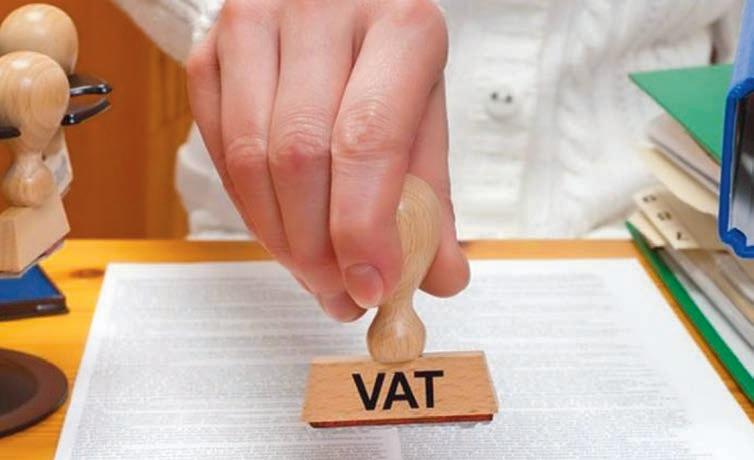
3 minute read
The Bahrain VAT Law
Up close and personal: The Bahrain VAT law
In 2017, all six member countries of the GCC region ratified the landmark GCC framework agreement on the deployment of value-added tax (VAT) in their respective territories. While the UAE and Saudi Arabia were the first countries to introduce the taxation system, Bahrain followed suit in 2019, applying the standard 5 per cent VAT rate - considered one of the lowest worldwide - on goods and services. The VAT introduction in Bahrain, however, differs as compared to the UAE and Saudi Arabia as it comes in three stages. Certain businesses are mandatorily required to obtain VAT registration, while at the same time allowing those that are exempted to register voluntarily. Hence, businesses are required to evaluate the value of
Advertisement
their supplies and check whether they are required to register under VAT. The VAT registration due dates are also different to ensure smooth implementation. Under the law, larger businesses are required to register first and the remaining companies later. Larger businesses with a higher turnover - that is, the value of the annual supplies exceeds BHD 5,000,000 – were mandated to register last year, with the deadline set on the 20th of December 2018.
For the second phase, businesses with the annual supply value exceeding BHD 500,000 were instructed to register from the 1st of January 2019 until the 20th of June 2019. For the third and final phase, all remaining business whose annual supplies exceed BHD 37,500 - the threshold for mandatory VAT registration - in the previous 12 months or will exceed BHD 37,500 in the next 12 months should obtain a VAT registration by 20th of December 2019. Non-resident businesses in Bahrain are also required to register under Bahrain VAT, irrespective of the value of their supplies, in case they make
supplies for which VAT is liable to be collected.
Additionally, exempted businesses can voluntarily seek a VAT registration if they meet the following two requirements: first, the value of supplies or expenses in the previous 12 months exceeds BHD 18,750, the voluntary registration threshold - and second, the value of supplies or expenses in the next 12 months will exceed BHD 18,750.

In short, as per the VAT law, all companies mandated to register and those seeking to voluntarily register should do so by the end of 2019, and they should begin implementing the new taxation system beginning January 1, 2020.
For proper and timely compliance therefore, it is critical to understand the VAT law and how it applies to businesses. The basic is that VAT applies to all types of supplies of goods and services. The supply of goods means passing the ownership of a good or the right to use a good as an owner. Whatever not considered as a supply of goods is considered services. This means that, in business, it is taxable if ownership is transferred or service is done, subject to the other conditions of the law.
There are two important VAT terminologies. One is output VAT, which means the tax collected on sales, and the other is input VAT, the tax paid on purchases. The difference between output VAT and input VAT is the net VAT payable to the authority. Also, input VAT can be refunded if the amount is higher than the output VAT.
VAT is categorized into two, namely taxable and exempted. In Bahrain, under the exempted category, or zero-rated supplies, are certain financial services such as banking, exports, new building constructions, educational services, medicines and medical equipment, certain food items, and bare land, to name a few. Businesses can obtain a list of exempted goods and services from the government. The rest falls under the taxable category.
Understandably, the new taxation system can take some for better understanding by some businesses as that have long operated under the zerotax environment of Bahrain and the rest of the region. However, empowering oneself through learning and studying the law’s complexities and availing of advanced solutions to simplify things is always the key.
This article is written by CA Manu Nair, as a part of Tally’s VAT knowledge series.


